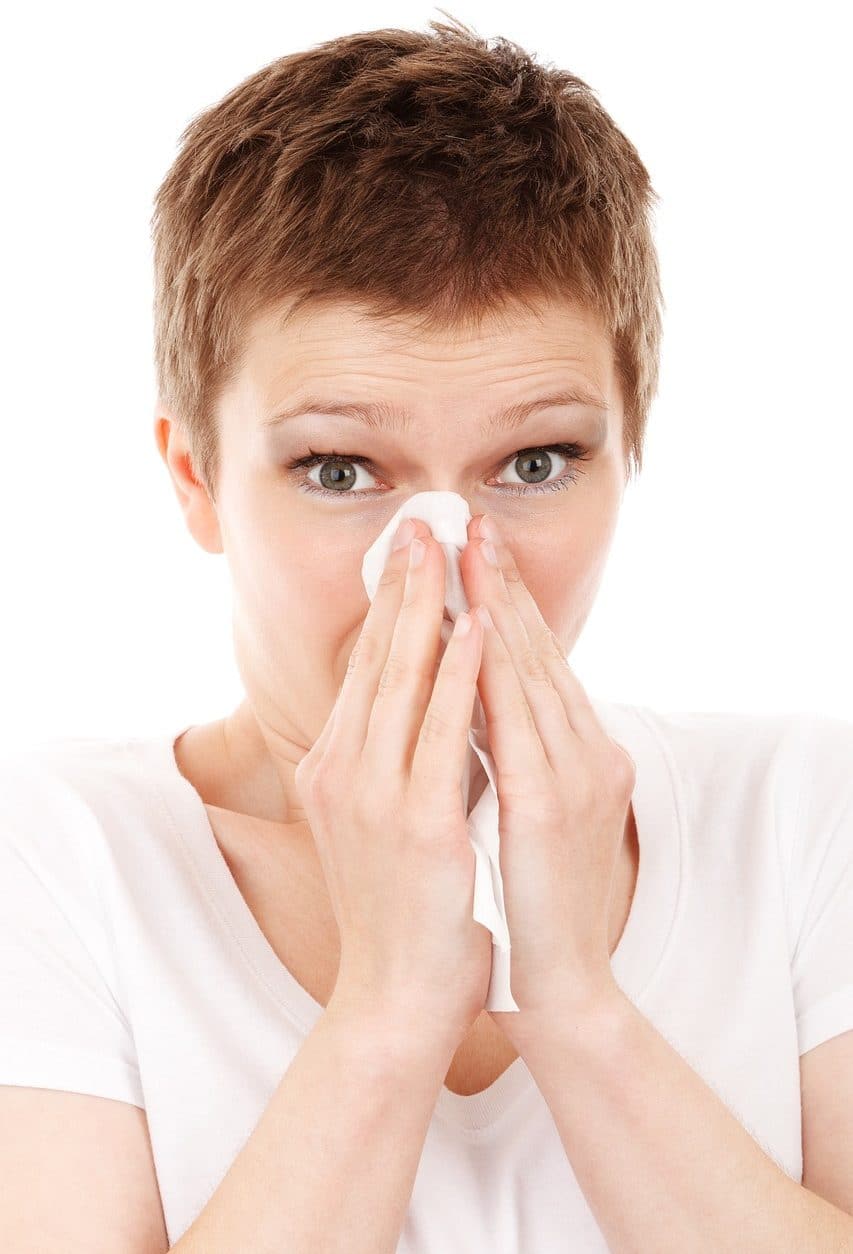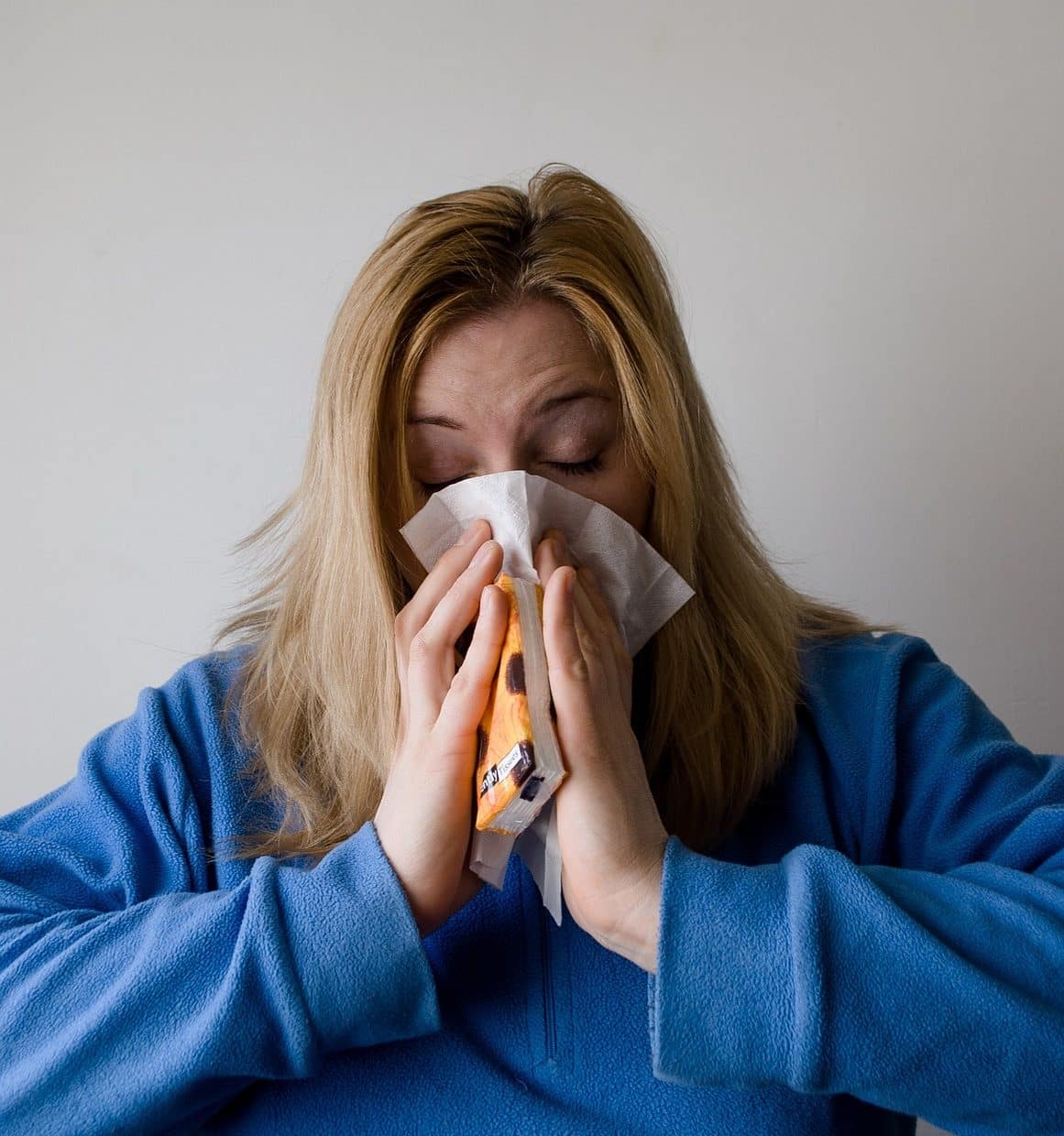
Rhinorrhea involves fluid leaking out of the nose.
Rhinorrhea is a concept that is not part of the dictionary of the Royal Spanish Academy ( RAE ). The concept is used in the field of medicine to name the outflow of fluids through the nasal passages , caused by an increase in mucus secretions.
Rhinorrhea can occur for different reasons. One of the most common causes is allergies , which can also cause rhinitis and other disorders. Viruses , bacteria , trauma and even the cold can also cause rhinorrhea or runny nose .
Other causes of the appearance of rhinorrhea and nasal congestion are the following: the use of products such as drops or sprays without a doctor's indication and for a prolonged time; pregnancy; nasal polyps (a disease that causes the presence of small benign tumors that make breathing difficult); and foreign particles in the nasal passages.
Rhinorrhea treatment
Rhinorrhea generally does not require any treatment; In fact, it is normal for congestion to last no more than a week. The person suffering from this dripping should simply blow their nose to remove excess mucus and free the nasal passages. It should be noted that "blowing your nose" is understood as expelling air forcefully through the nose, holding a handkerchief to trap the fluids that, lodged in the nasal passages, are expelled by the action itself.
When rhinorrhea is frequent or chronic, however, a doctor can prescribe treatment to act on the causes that generate it. Thus, if the rhinorrhea is due to an allergy, the professional may suggest the administration of corticosteroids or antihistamines . If rhinorrhea is caused by an infection , the doctor may also prescribe different drugs.
A fairly effective procedure to remove mucus from the nasal passages is saline spray lavage ; This can be purchased at any pharmacy, or prepared at home. To make it, just warm a cup of water, add a pinch of baking soda and half a tablespoon of salt. It is recommended not to do more than four nasal washes per day; In addition, aerosols should only be applied to children over two years of age.

There are various resources that can help minimize rhinorrhea.
Cough and congestion
Sometimes, the abundance of mucus causes the fluids to also descend towards the throat, causing discomfort in that area of the body or generating a cough .
It is also common for the nasal mucous membranes to become inflamed, producing what is known as nasal congestion .
How to reduce rhinorrhea
As with many other health disorders, it is very important to take certain precautions to prevent its appearance or to cope with it more effectively. Some of the tips to improve the daily life of a rhinorrhea patient are the following:
- Elevate the head of the bed, either by placing an extra pillow or any object that can elevate the part of the mattress on which the head rests, to facilitate breathing .
- Drink more water.
- Use a cool mist humidifier, but with a limit, since excess humidity in a room is also not beneficial for treating rhinorrhea (in addition, it is important to clean the humidifier daily with a suitable product);
- In the absence of a humidifier device, it is always possible to run hot water in the bathroom for a while and stay there for a few minutes before going to sleep.
